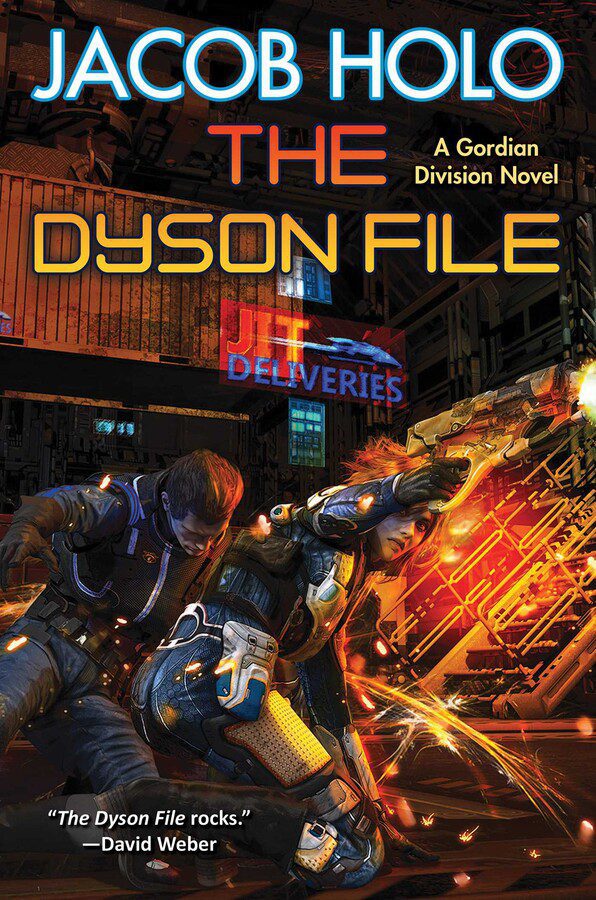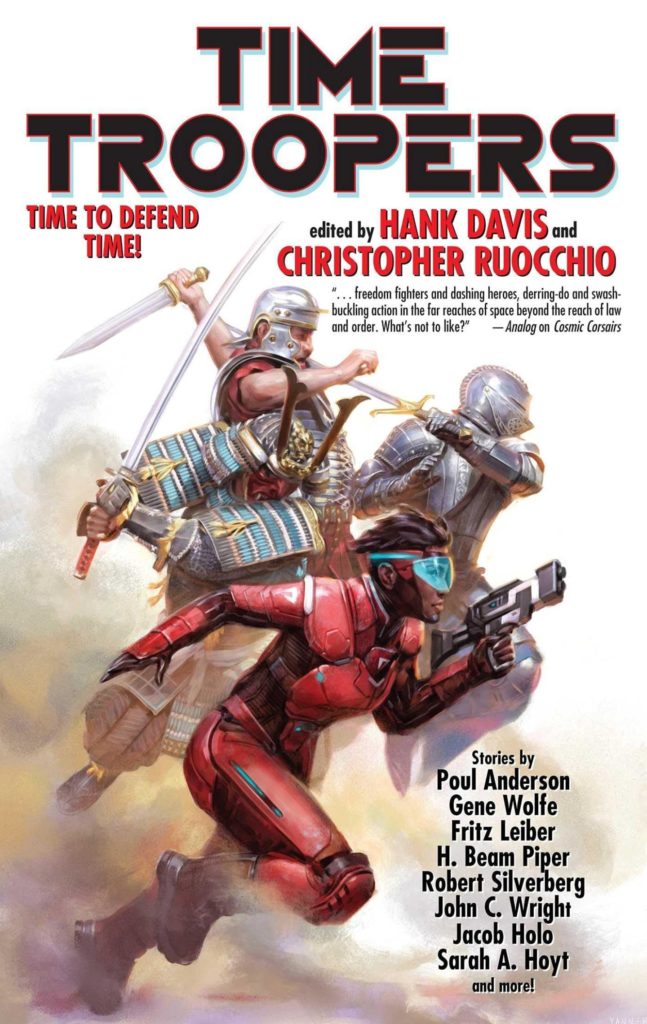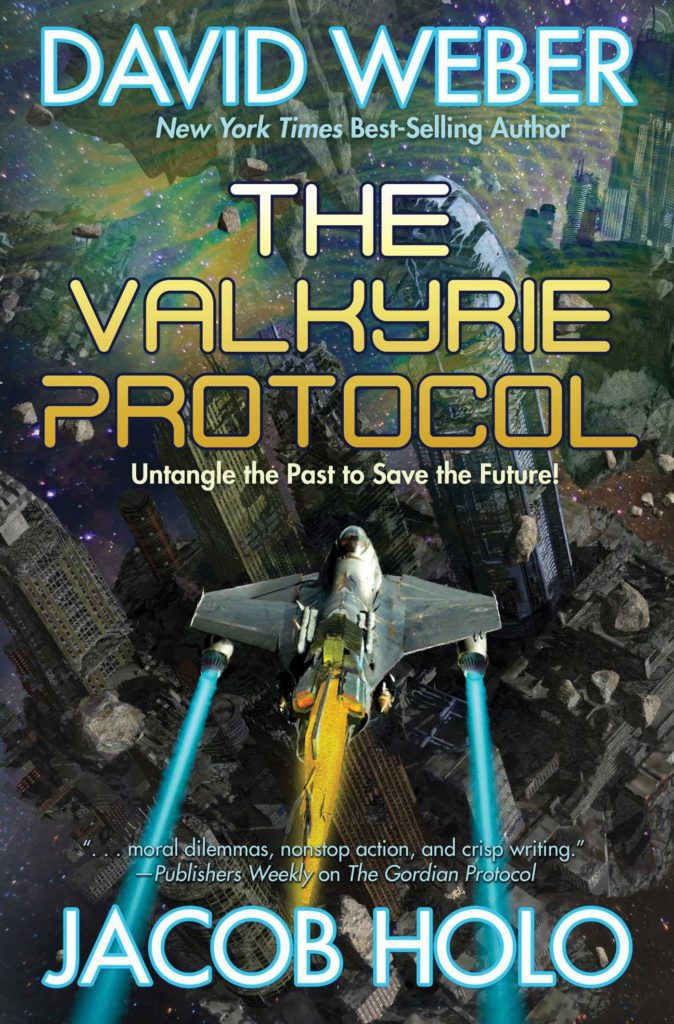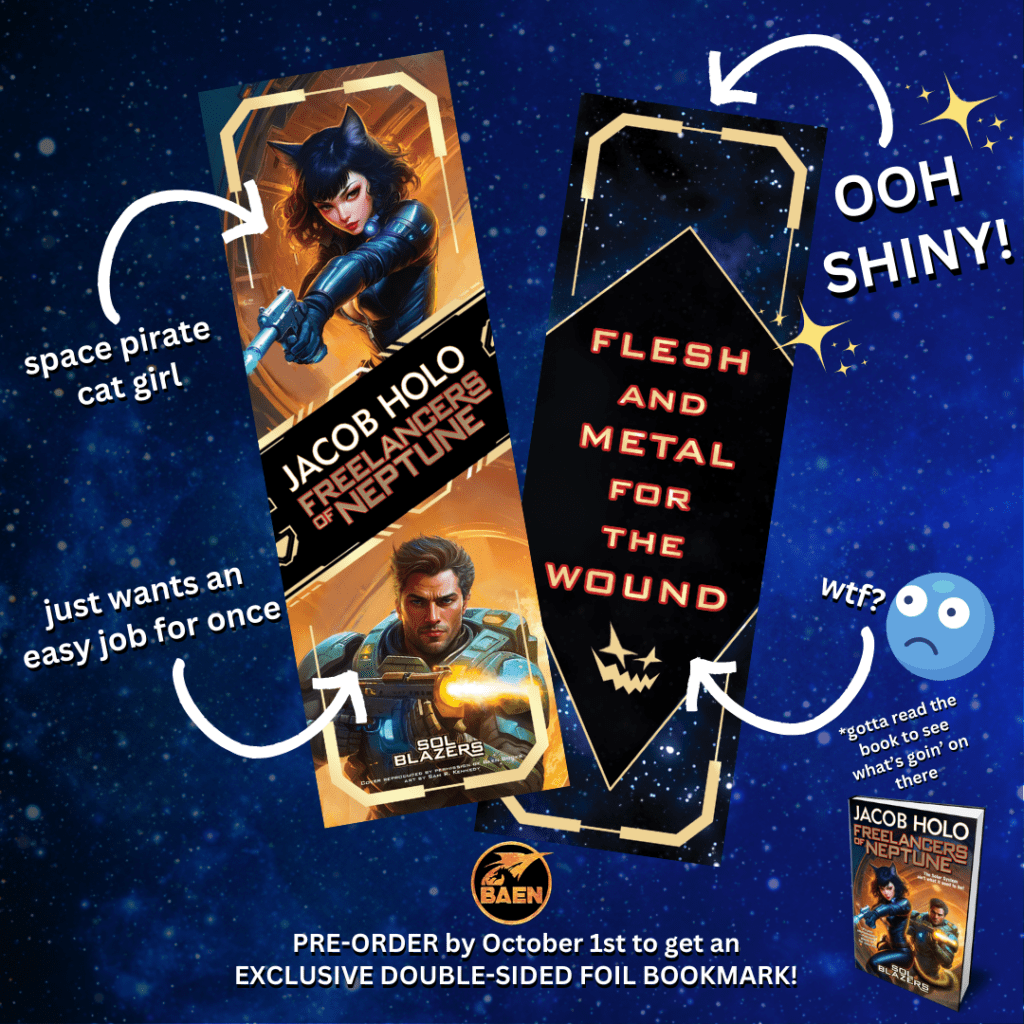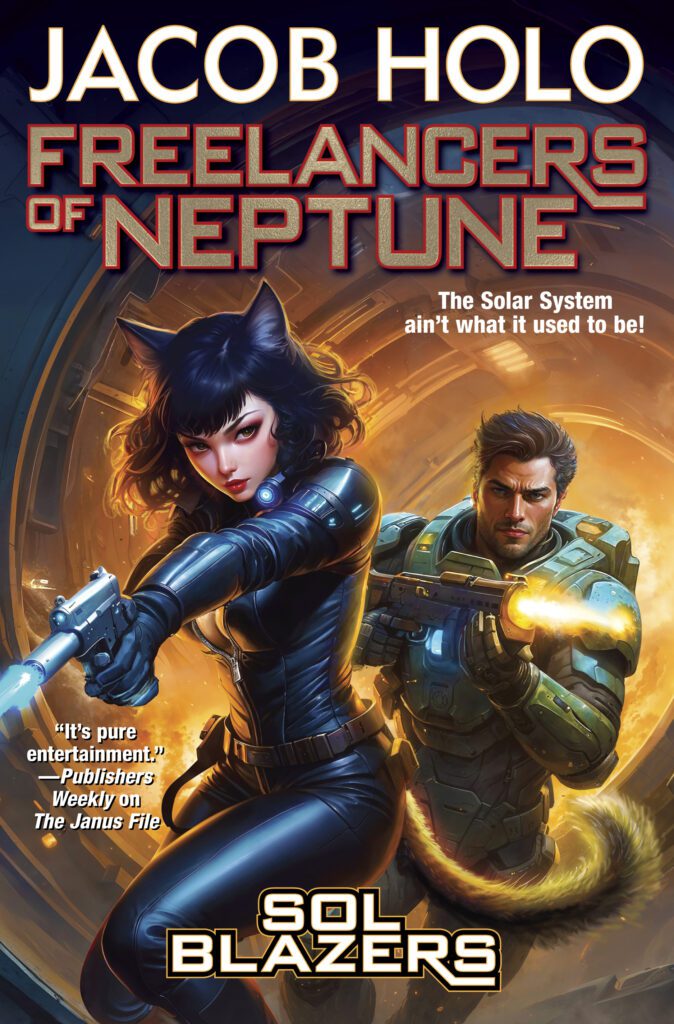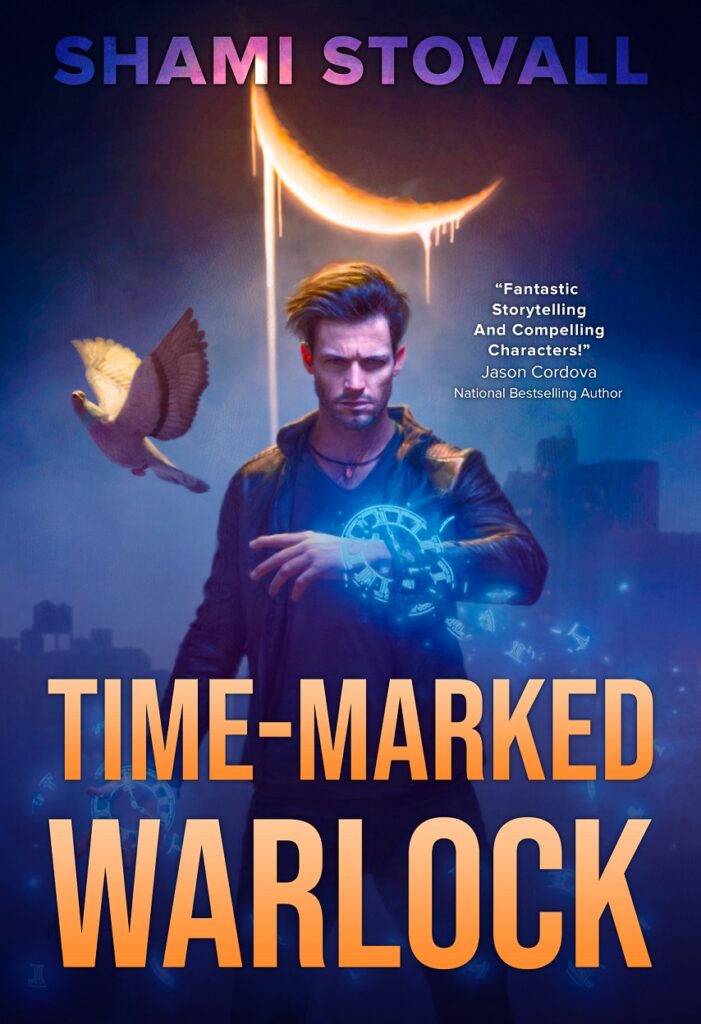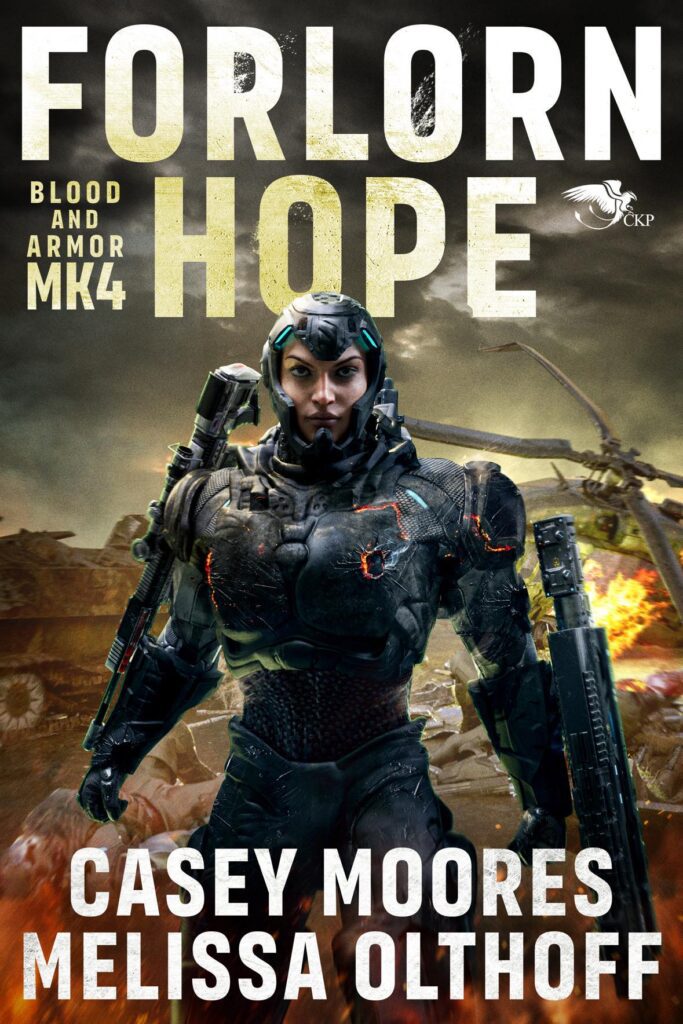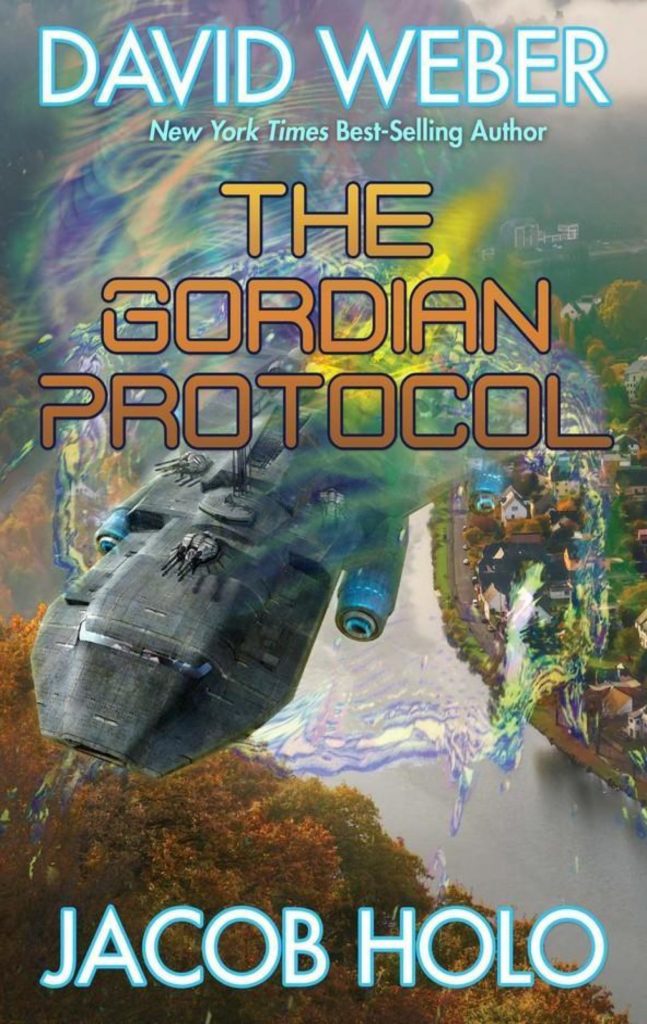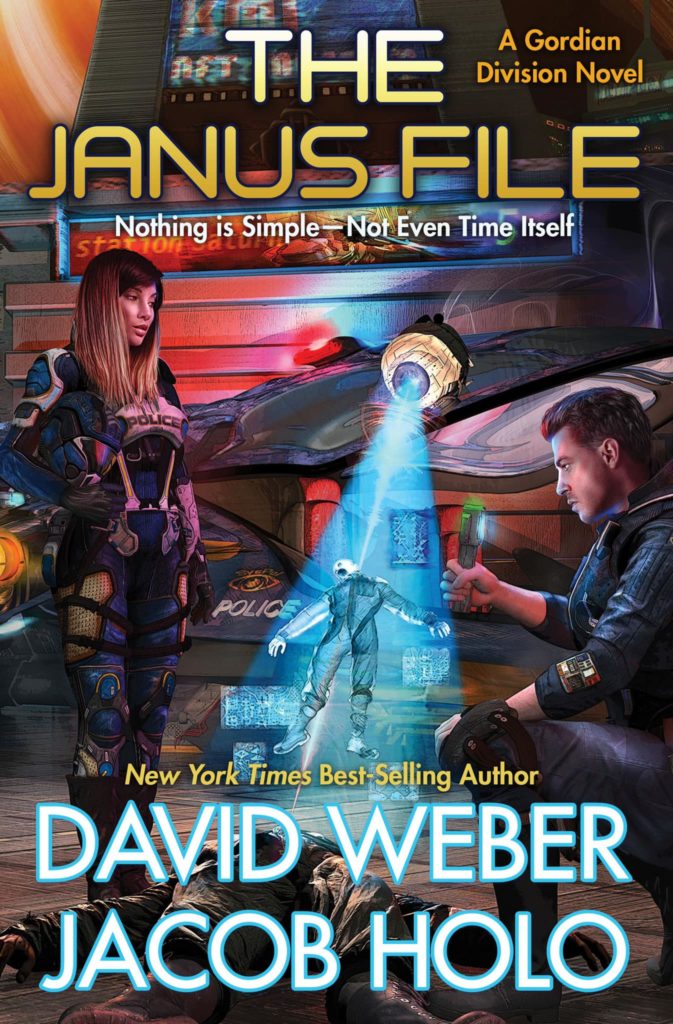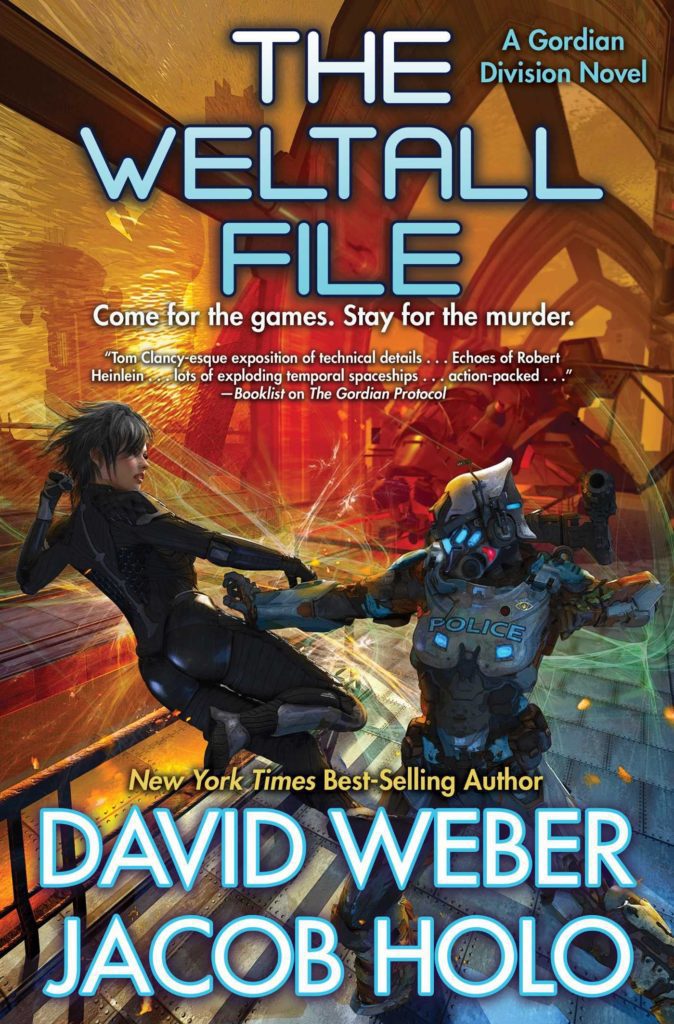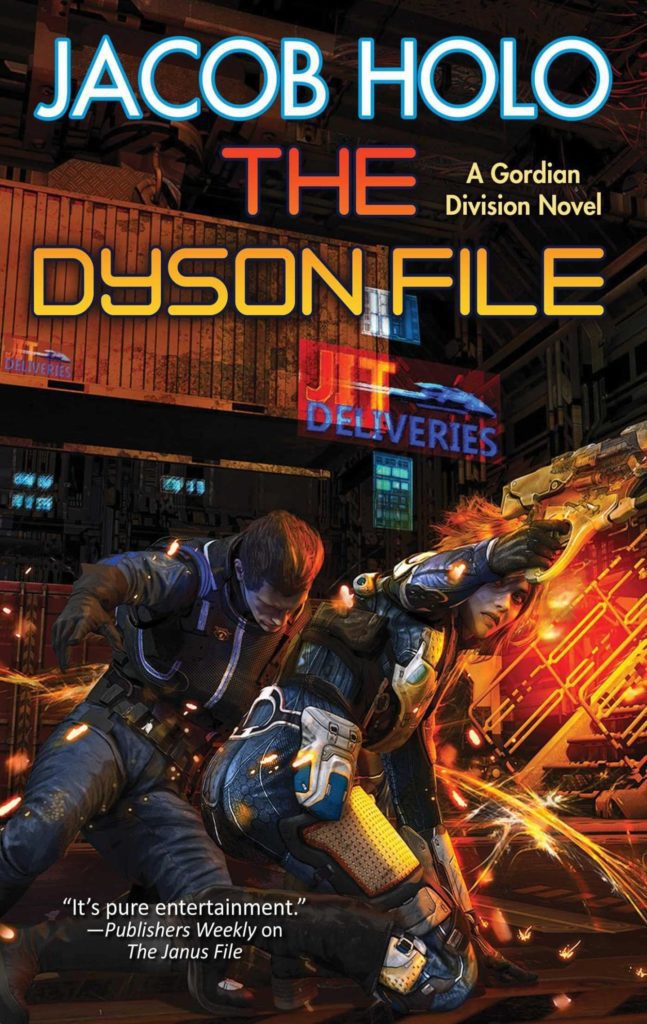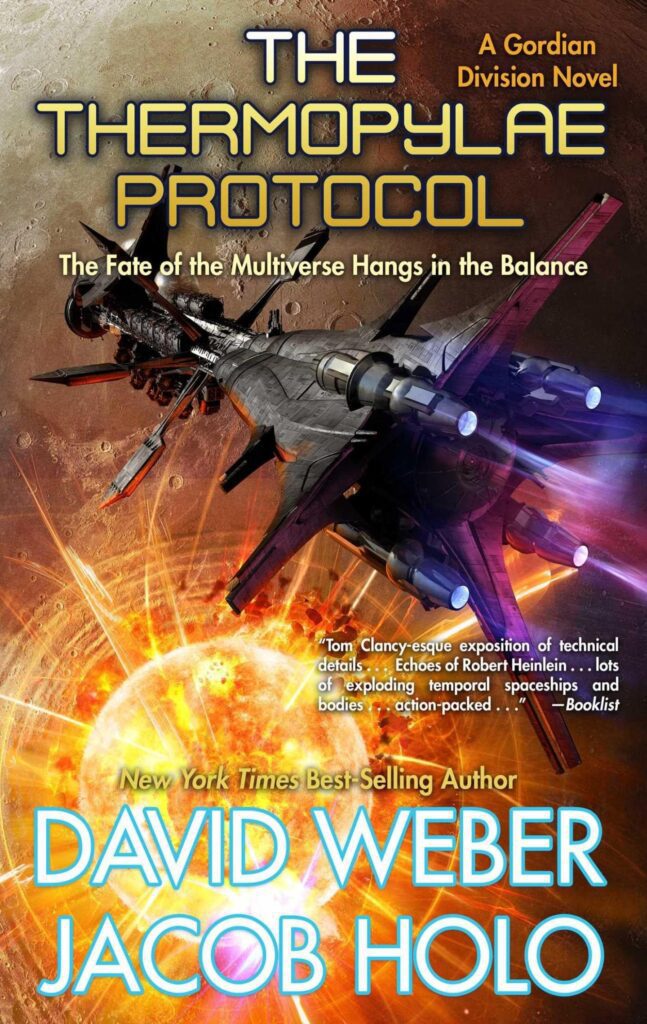Authors Just Talk About … SPACE SCIENCE
Friday, September 6th @ 8pm EST
Authors Les Johnson, Stephanie Osborn, Jan Kotouc, Michael Morton, and Patrick Chiles just talk about their work in space sciences (… or researching so well their books fooled the host into thinking they’d worked in space)! (Moderated by Edie Skye/H.P. Holo.)
For more information about the panelists and their works, visit their websites below:
Les Johnson: https://www.lesjohnsonauthor.com/
Stephanie Osborn: http://www.stephanie-osborn.com/
Jan Kotouc: https://jan-kotouc.cz/en/english/
Michael Morton: https://amzn.to/3yQT4jq
H.P. Holo: https://holowriting.com/
Edie Skye: https://edieskye.com/
Find the authors’ Baen books here: https://www.baen.com/
Support the podcast/feed the host’s coffee-fueled word count here:
https://buymeacoffee.com/holowriting
https://ko-fi.com/holowriting

